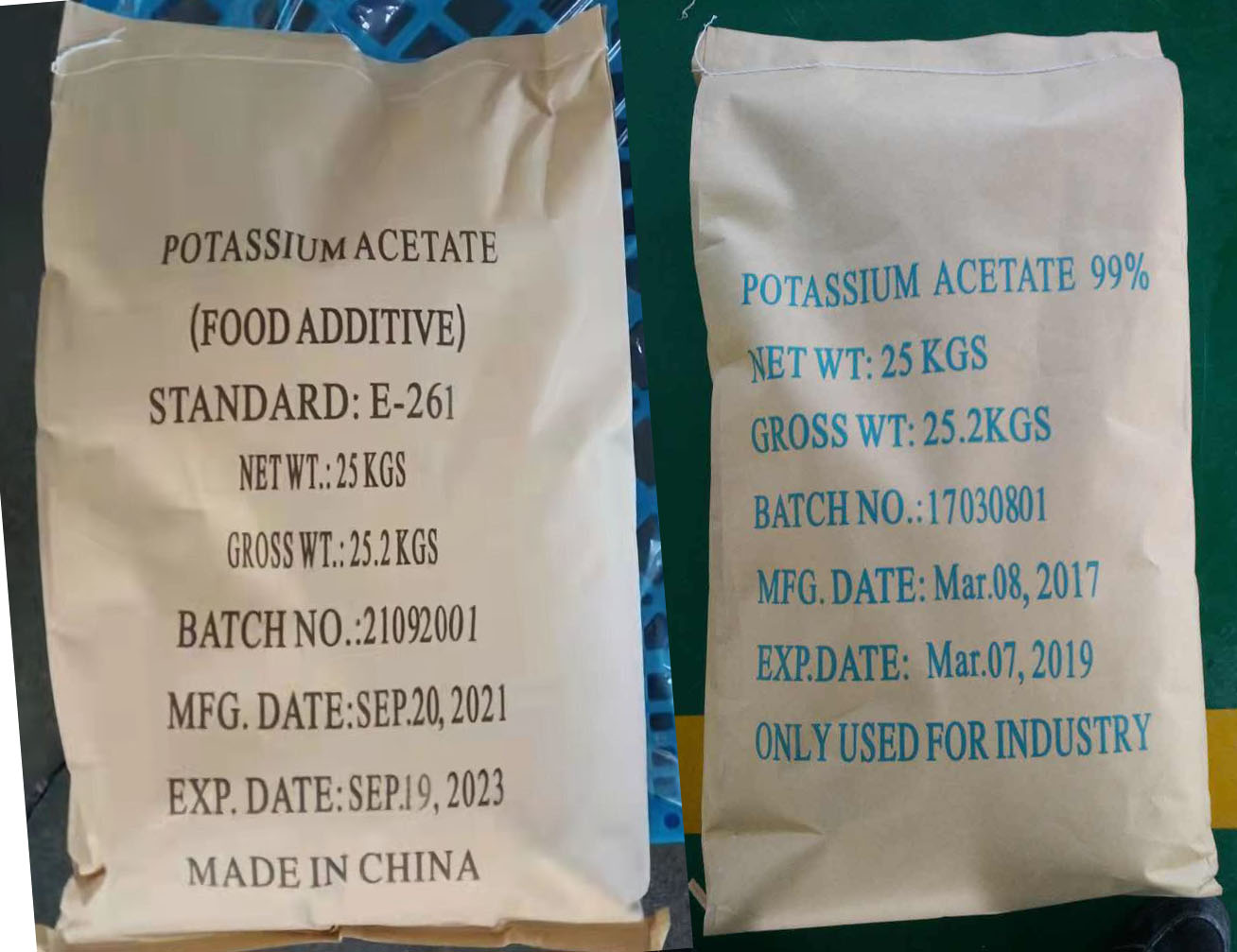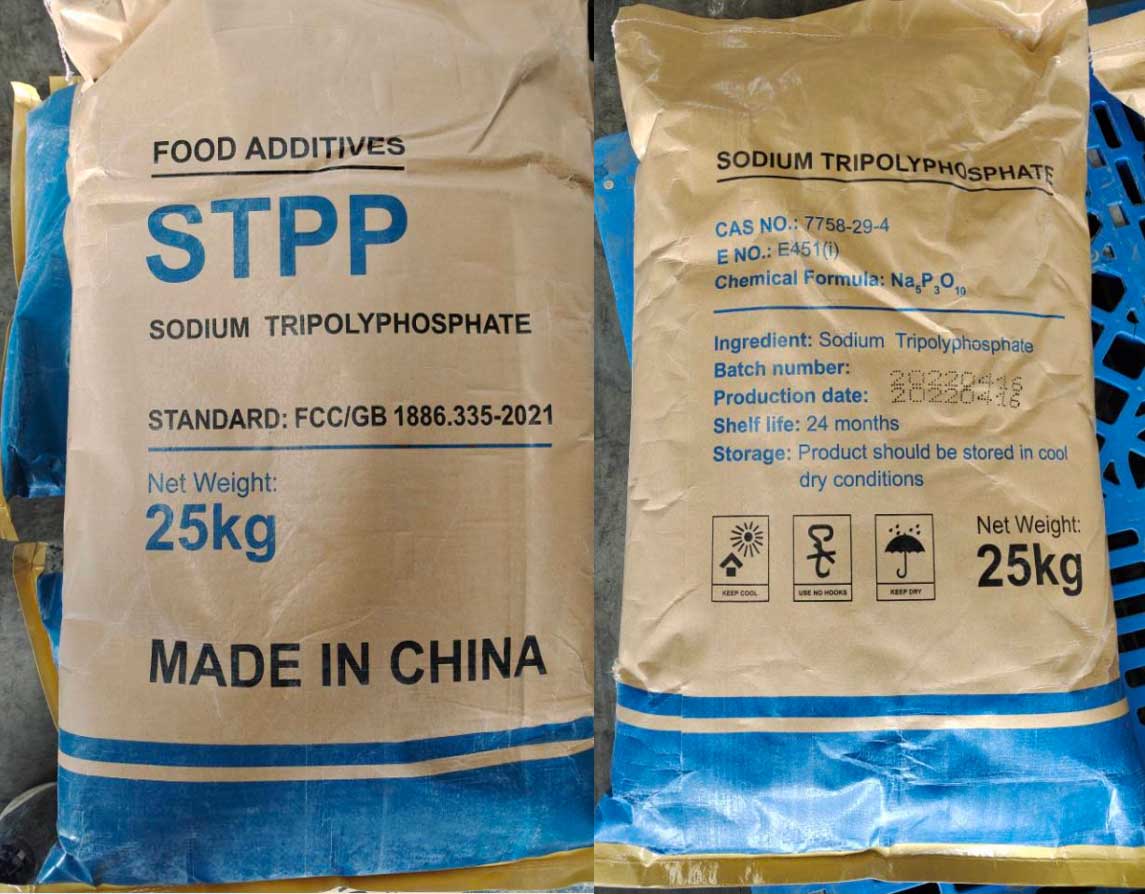Advantages and Applications of Potassium Carbonate Powder in Industry
Introduction
Potassium carbonate (K₂CO₃) is a white, odorless, highly water-soluble alkaline salt. While it is commonly available in granular or crystalline form, potassium carbonate powder offers specific advantages for certain industrial applications due to its fine particle size, high solubility, and ease of handling in automated systems.
✅ Advantages of Potassium Carbonate Powder
High Solubility and Fast Dissolution
Powdered potassium carbonate dissolves faster in water than granular or crystal forms, making it ideal for processes requiring quick solubility.
Ensures uniform mixing, reducing the time needed for solution preparation.
Consistent and Uniform Quality
Powder form provides a more consistent particle size, leading to more predictable performance in formulations.
Ensures homogeneity when mixed with other powdered ingredients.
Ease of Handling and Precise Dosing
Powder is easier to handle in automated dosing and blending systems.
Facilitates accurate measurement and mixing, especially in pharmaceutical and food industries.
Suitable for Specialized Applications
Powder is preferred in industries where surface area and reactivity are important, such as chemical synthesis and pharmaceuticals.
Free from Caking and Easy Storage
Properly treated potassium carbonate powder is free-flowing, making it easy to store and use without clumping.
✅ Applications of Potassium Carbonate Powder
Food Industry (Food Grade Potassium Carbonate Powder)
pH regulator in food processing.
Used as a leavening agent in bakery products.
Component in noodles and ramen production to provide elasticity and color.
Dosage typically ranges from 0.1% to 0.5% depending on specific food application.
Pharmaceutical Industry
Used as a buffering agent and alkalizing agent.
Essential in certain formulations where fine powder is necessary for uniform distribution.
Glass and Ceramics Industry
Potassium carbonate powder is used as a fluxing agent in the production of specialty glass and ceramics.
Helps to lower the melting point of silica, improving flow and clarity.
Dosage varies depending on product specification but generally 1-5% of the raw batch.
Detergent and Cleaning Products
Acts as a builder and pH adjuster in detergent formulations.
Enhances cleaning efficiency and stabilizes enzymes.
Powder form allows easy blending with other powdered detergent components.
Agriculture and Fertilizer Industry
Used as a source of potassium in fertilizers.
Helps correct potassium deficiencies in crops.
Powder form allows quick release and easy absorption by plants when dissolved in irrigation water.
Chemical Manufacturing
Used as a reagent in various chemical synthesis processes, such as the production of potassium salts and dyes.
Fine powder provides a larger surface area for efficient reaction kinetics.
Electronics Industry
Employed in specialty glass for displays and optics where high purity potassium carbonate is needed.
✅ Conclusion
Potassium Carbonate Powder offers unique advantages over granular or crystalline forms, particularly for applications demanding high solubility, fast reactivity, and precise dosing. Its role spans across food, pharmaceutical, industrial, and agricultural sectors, making it a versatile and valuable ingredient in modern manufacturing processes.




